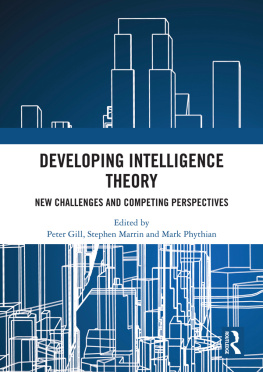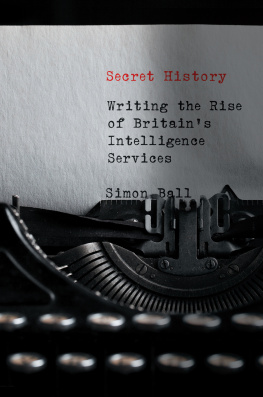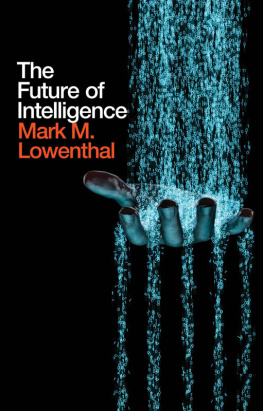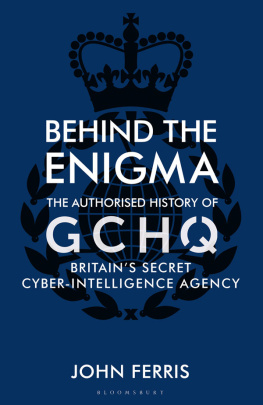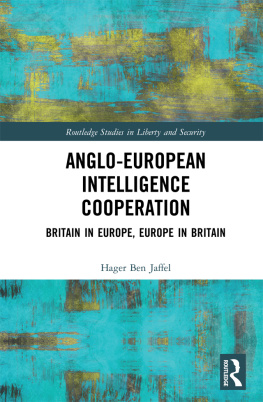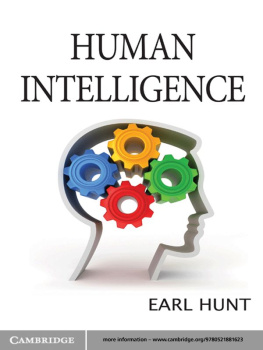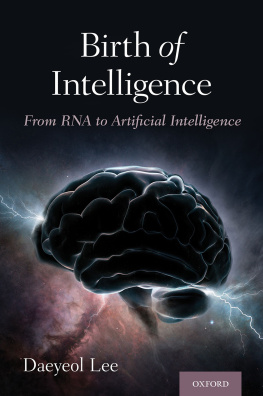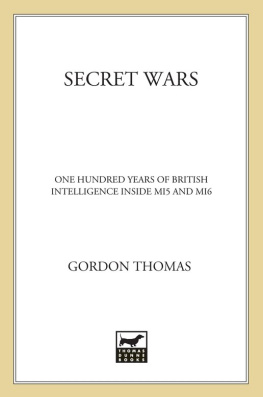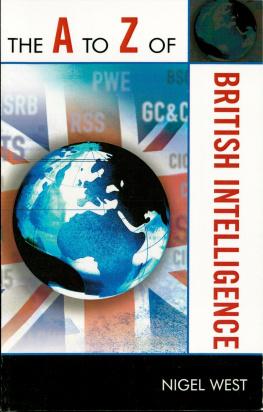The exposure of two senior Irish republicans as informers for British intelligence in 2005 led to a popular perception that the IRA had lost the intelligence war and had been pressurised into peace. In this first in-depth study across the entire conflict, Thomas Leahy re-evaluates the successes and failures of Britains intelligence activities against the IRA, from the use of agents and informers to special forces, surveillance and electronic intelligence. Using new interview material alongside memoirs and Irish and UK archival materials, he suggests that the IRA was not forced into peace by British intelligence. His work sheds new light on key questions in intelligence and security studies. How does British intelligence operate against paramilitaries? Are its methods effective? When should governments talk to terrorists? Does regional variation explain the differing outcomes of intelligence conflicts? This is a major contribution to the history of the conflict and of why peace emerged in Northern Ireland.
Thomas Leahy is a lecturer in British and Irish politics and contemporary history in the Politics and International Relations department at Cardiff University.
University Printing House, Cambridge CB2 8BS, United Kingdom
One Liberty Plaza, 20th Floor, New York, NY 10006, USA
477 Williamstown Road, Port Melbourne, VIC 3207, Australia
314321, 3rd Floor, Plot 3, Splendor Forum, Jasola District Centre, New Delhi 110025, India
79 Anson Road, #0604/06, Singapore 079906
Cambridge University Press is part of the University of Cambridge.
It furthers the Universitys mission by disseminating knowledge in the pursuit of education, learning, and research at the highest international levels of excellence.
www.cambridge.org
Information on this title: www.cambridge.org/9781108487504
DOI: 10.1017/9781108767033
Thomas Leahy 2020
This publication is in copyright. Subject to statutory exception and to the provisions of relevant collective licensing agreements, no reproduction of any part may take place without the written permission of Cambridge University Press.
First published 2020
Printed in the United Kingdom by TJ International Ltd, Padstow Cornwall
A catalogue record for this publication is available from the British Library.
Library of Congress Cataloging-in-Publication Data
Names: Leahy, Thomas, 1987 author.
Title: The intelligence war against the IRA / Thomas Leahy, Cardiff University.
Description: Cambridge, United Kingdom ; New York : Cambridge University Press, 2020. | Includes bibliographical references and index.
Identifiers: LCCN 2019038702 (print) | LCCN 2019038703 (ebook) | ISBN 9781108487504 (hardback) | ISBN 9781108767033 (ebook)
Subjects: LCSH: Ireland History, Military. | Irish Republican Army History. | Political violence Northern Ireland History. | Counterinsurgency Northern Ireland History. | Northern Ireland History, Military. | Great Britain. Army History. | Ireland History 1922 | Intelligence service Ireland History 20th century. | Intelligence services Great Britain History 20th century. | Informers Ireland History 20th century.
Classification: LCC DA914 .L43 2020 (print) | LCC DA914 (ebook) | DDC 363.325/1530941dc23
LC record available at https://lccn.loc.gov/2019038702
LC ebook record available at https://lccn.loc.gov/2019038703
ISBN 978-1-108-48750-4 Hardback
ISBN 978-1-108-72040-3 Paperback
Cambridge University Press has no responsibility for the persistence or accuracy of URLs for external or third-party internet websites referred to in this publication and does not guarantee that any content on such websites is, or will remain, accurate or appropriate.
To Sara
Contents
Part I The Intelligence War: August 1969 to July 1972
Part II On the Verge of Defeat? The Intelligence War: July 1972 to December 1975
Part III The Struggle to Contain the IRA: January 1976 to April 1998
Acknowledgements
There are many people whose time and efforts have assisted this books creation. This book is based on my PhD thesis, which was completed at Kings College London. I thank my thought-provoking supervisor Ian McBride (now at Oxford University) for encouraging, advising and developing my ideas. I also thank other academic staff at Kings College London including Paul Readman, Frank Foley, Tim Stevens, Stephen Lovell and Michael Kerr for their valuable feedback during the PhD process. I also appreciate the constructive reviews by the two referees for Cambridge University Press, whose input has significantly contributed to the formation of this book.
I am particularly indebted to Huw Bennett of Cardiff University. Huw has provided valuable feedback regarding how best to develop my thesis into a book. He also assisted me during my first academic position lecturing on the Northern Ireland Conflict at Cardiff University. Huws knowledge on the British military, the Northern Ireland conflict and the world of academia has been invaluable. The same words echo in relation to the feedback and support of Niall Dochartaigh of the National University of Ireland Galway. His innovative angle on the conflict also inspired me as an undergraduate student to further develop the existing research on the conflict.
Various colleagues and PhD students at Cardiff University and the National University of Ireland Galway have supported the creation of this book. These include: Claudia Hillebrand, Jon Kirkup, Ian Stafford, Branwen Gruffydd Jones, Stephen Thornton, Pete Dorey, Gary Hussey, Nomi Farkas, Anna Tulin Brett, Giada Lagana and Maciej Cupry. I am grateful for the help of all academic staff in the Politics and International Relations department at Cardiff University. The department has assisted this research by providing funding to update the PhD thesis. Students that I have worked with at Kings College London, Cardiff University and NUI Galway have also provided ideas that have developed the arguments in this book. I apologise for any names that I have missed.
I am very grateful to all the interviewees for participating in my research, and to all of those who helped to arrange interviews. The interviewees were generous with their time and patience on such a sensitive topic.
Special thanks goes to the Institute of Historical Research. Their Scouloudi Historical Research Award in 2016 allowed me to update the research from my thesis. Whilst I was pursuing my PhD, Kings College London provided me with research grants and a Kings Continuation Scholarship to support my research.
Michael Watson, Emily Sharp, Lisa Carter and Stephanie Taylor at Cambridge University Press, and Frances Tye as the copy-editor, have provided crucial guidance on academic publication.
The staff at the following institutions kindly granted permission to quote from their material and related archives: Imperial War Museum Sound Archives; Kings College Londons Liddell Hart Centre for Military Archives; the London School of Economics Library Archives; the Hardiman Librarys special collections at the National University of Ireland Galway; the Linen Hall Librarys Northern Ireland Political Collection in Belfast; the Bodleian Librarys Harold Wilson papers at Oxford University; the Labour History Archive and Study Centre in Manchester; and the National Library of Ireland. I appreciate the time and kindness of their staff.


